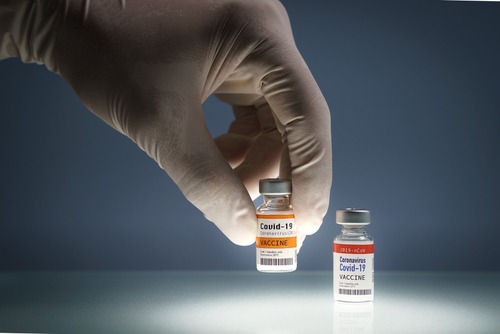
Investigational SARS-CoV-2 monoclonal antibody VIR-7831 was submitted for emergency use authorization (EUA) at the United States Food and Drug Administration (FDA) last week by developers GlaxoSmithKline plc (GSK) and Vir Biotechnology, Inc.
Pitched as a treatment for mild to moderate cases of COVID-19 among adults and adolescents at least 12 years old who are at risk of hospitalization or death, VIR-7831 performed well in trials. It demonstrated an 85 percent reduction in hospitalization or deaths compared to a placebo in the Phase 3 COMET-ICE trial. The interim analysis that serves as the companies’ basis for submission evaluated 583 patients.
Preclinical data suggested VIR-7831 targets an epitope of the viral spike protein, which may make it more difficult for it to develop resistance. In vitro data published in bioRxiv this month, based on virus assays, showed sustained activity against variants of SARS-CoV-2 currently circulating across the world, including the UK, South African, and Brazilian variants.
GSK maintains that this success also extends to an emerging California variant of the virus, although preclinical data supporting this has yet to be published.
The Independent Data Monitoring Committee recommended the COMET-ICE trial be halted to enrollment earlier this month due to the evidence of profound efficacy. Nonetheless, study participants will be followed for 24 weeks.
Data from the COMET-ICE trial will also be used to apply for a Biologics License Application with the FDA. Discussions between GSK, Vir, and the European Medicines Agency, and other global regulators are ongoing.




